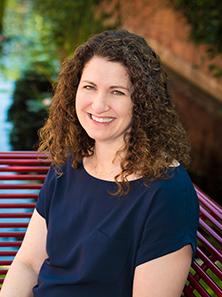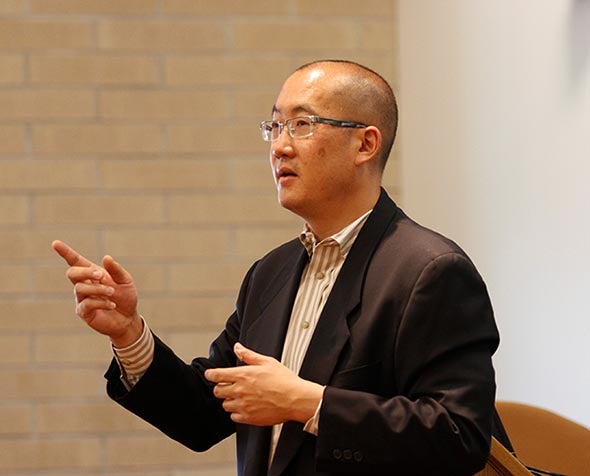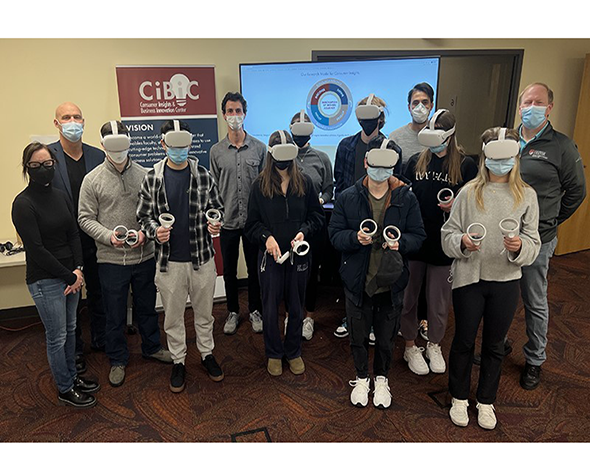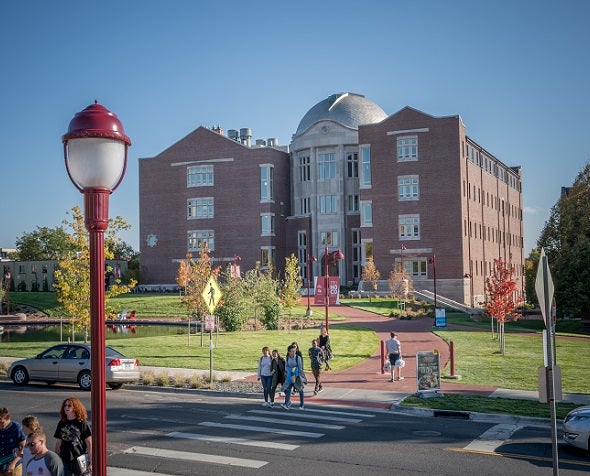Improving the Wellbeing of Children and Families
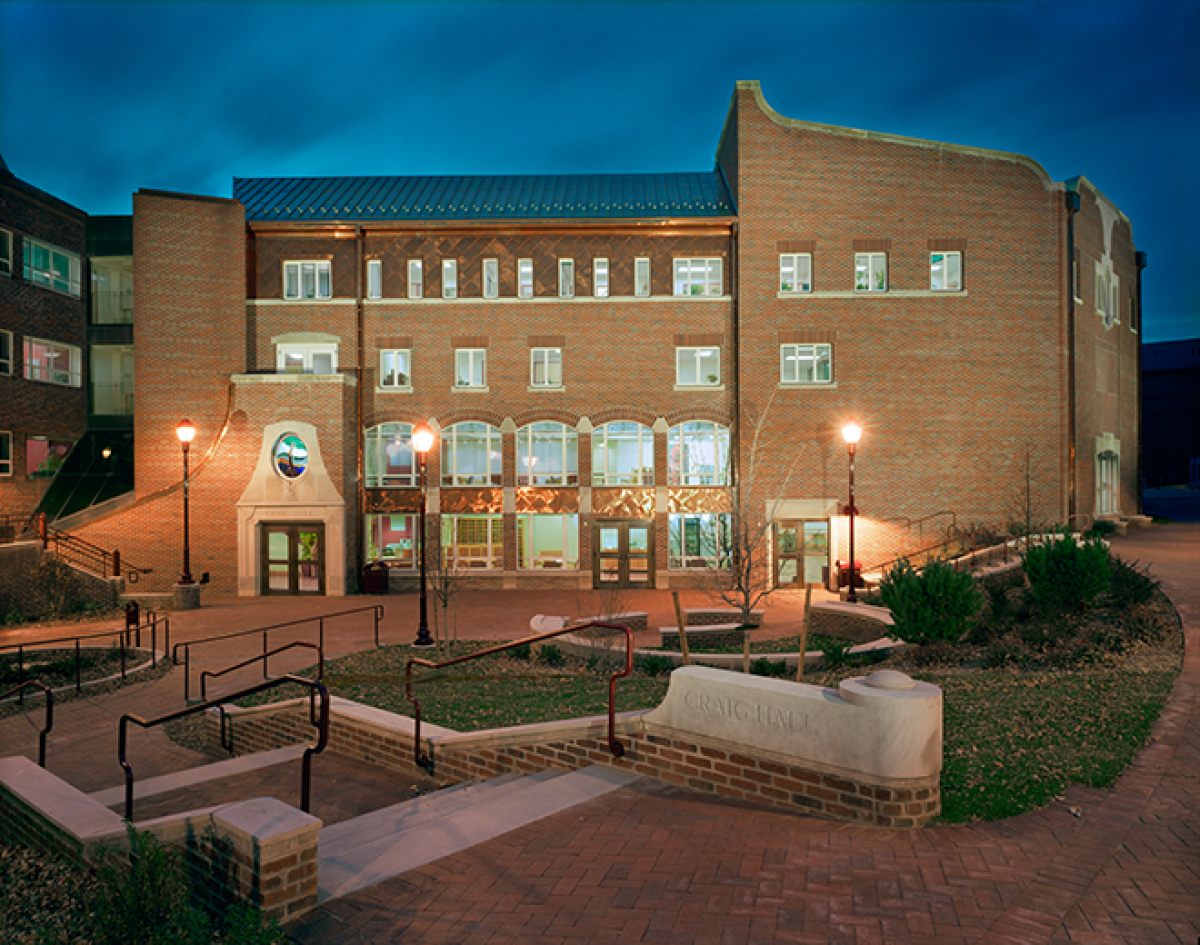
Impact. Social justice. Community.
These are buzzwords you’ll find on everything from company culture statements to political campaigns. But at the University of Denver’s Graduate School of Social Work (GSSW), these words are more than marketing lingo. They are part of everyday work.
The school is home to the Master of Social Work and PhD in Social Work Programs. Students are equipped to make a difference through social work research, clinical practice, fieldwork, education, training and more. It also houses The Butler Institute for Families, where research is combined with technical assistance and practice supports for human service and community-based organizations serving children and families both locally and across the U.S. The institute provides capacity building and evaluation services to public, private and tribal agencies, schools, and community agencies to implement evidence-based strategies to maximize their impact.
Professor Robin Leake, executive director of the institute, says her research into organizational health sheds light on factors like burnout and workload that impact the well-being and efficacy of the workforce.
“We’re all individual people with our own passions, interests and skill sets,” she says. “But we work in group settings. So, the extent to which an organization can fulfill its mission and vision is only as good as its workforce and the health of its workforce to be able to do those things. How do they recruit? How do they support their workforce and create an equitable, inclusive and safe environment where employees feel valued, effective and want to stay? And how do they prepare them and resource employees to do their job? Our research explores these factors. How can agencies build a healthy and sustainable workforce that lead to better outcomes for children and families?”
Since its creation in 1994, the Butler Institute has worked with numerous federal, state and local entities. Two current initiatives include the evaluation of the Denver Preschool Program and the National Child Welfare Capacity Building for Tribes.
The Denver Preschool Program provides tuition credits to families to subsidize the cost of preschool, as well as quality improvement resources for preschool programs. The Butler Institute evaluates the extent to which the Denver Preschool Program's services for families and preschool providers support children's equitable access to quality preschool.
The Butler Institute is also the recipient of funding from the Administration of Children and Families Children’s Bureau division to offer capacity building services to tribes across the country that supports them to build and sustain tribally-supported child protection programs. Butler leads the Capacity Building Center for Tribes in partnership with the Tribal Law and Policy Institute, the University of Southern Maine, the University of Montana Native Children’s Trauma Center, the University of Oklahoma-Tulsa Center for Tribal Social Work School and Westat to serve more than 150 federally recognized tribal nations.
“We support tribal nations to exercise their sovereignty through operating systems of care and offering opportunities for support and healing for families to that Native children can remain safely with their own families and connected to their tribal communities and cultures,” Leake says. “We support tribal communities to develop their own solutions for protecting and nurturing children based on their traditional cultures and values and definitions of family. These solutions are often very different from those of state and county welfare systems.”
Earlier this year, the University was awarded an R1 classification by the Carnegie Classification of Institutions of Higher Education, joining the ranks of other institutions conducting the highest levels of research activity. Leake is excited by what this classification means for the institute and its work.
“I am excited and proud about our R1 status. It allows us to support the publication and dissemination of our work more broadly,” she says. “We have research faculty, professional research staff and students, and we work in teams on a number of grant-funded projects in a fast-paced environment. It can be a challenge to quickly disseminate evaluation and research findings to inform practice in the field. With R1, we will be able to support more doctoral and postdoctoral positions to support our research and knowledge dissemination.
“Having R1 will help us attract students and research faculty to Denver because they’ll see us doing that important research,” Leake says. “For us, it’s about working with community agencies and providers to provide effective and equitable services and positively impact children, families and communities. Our research is very much applied, and even though it’s rigorous and theoretical, it’s also very participatory and culturally based. We are focused on improving interventions and outcomes for children and families.”








